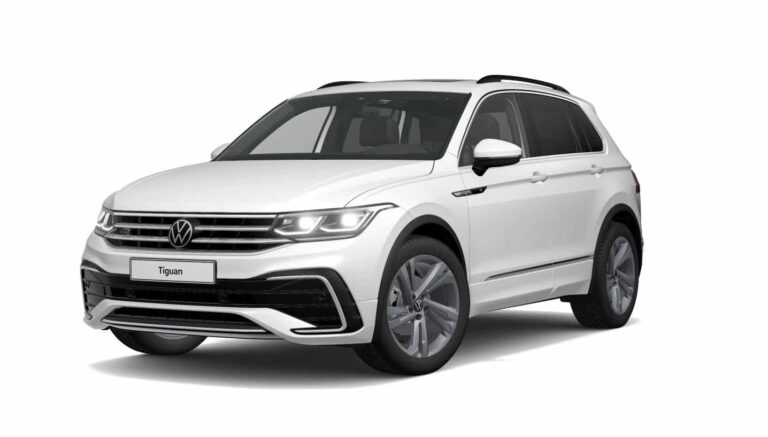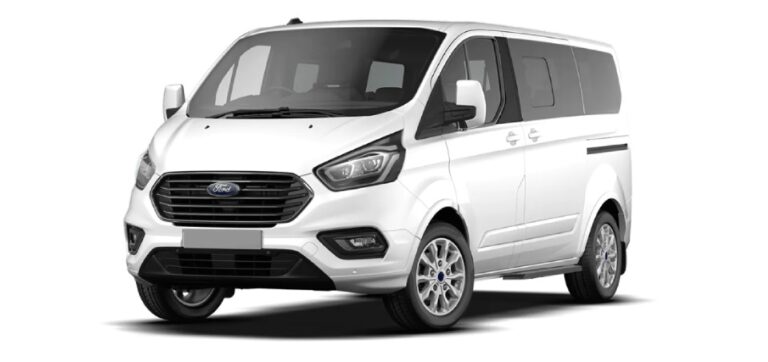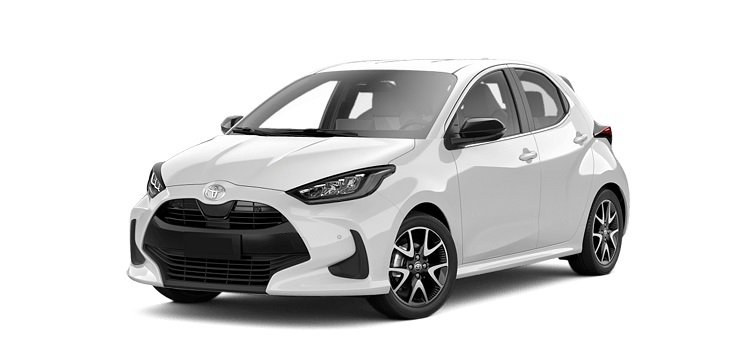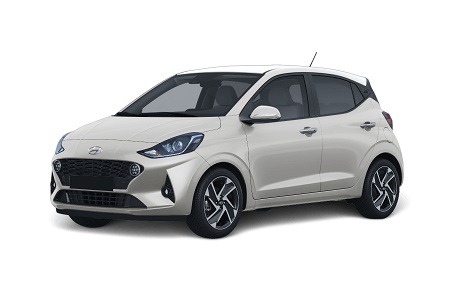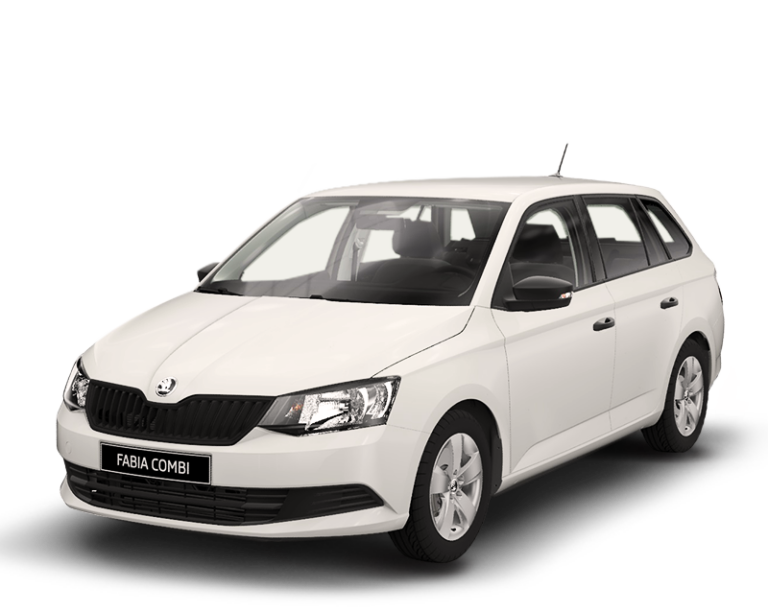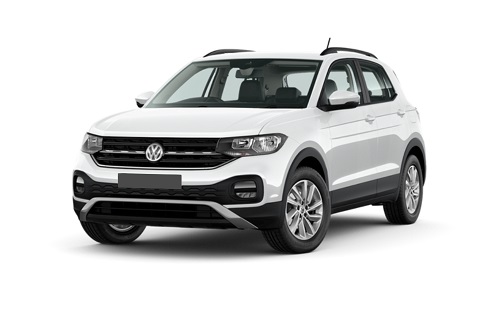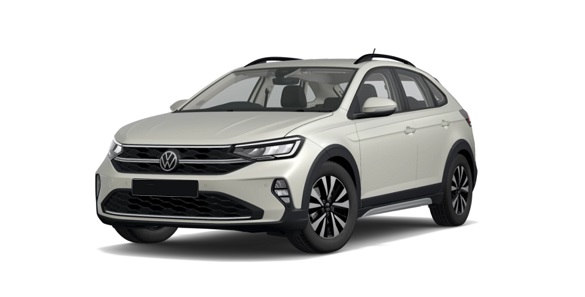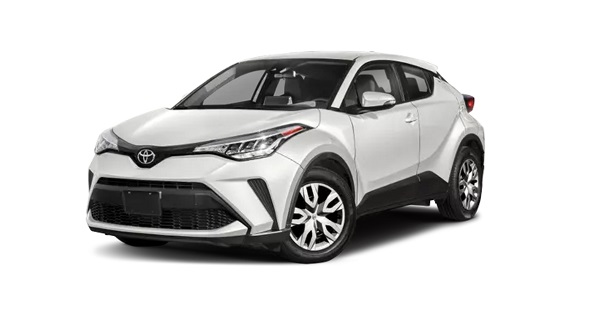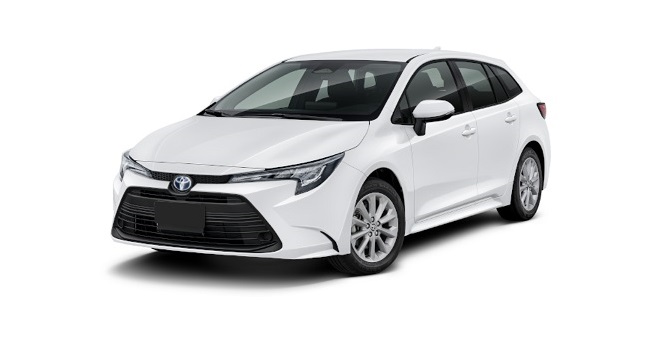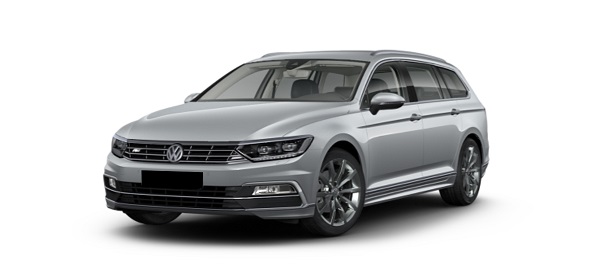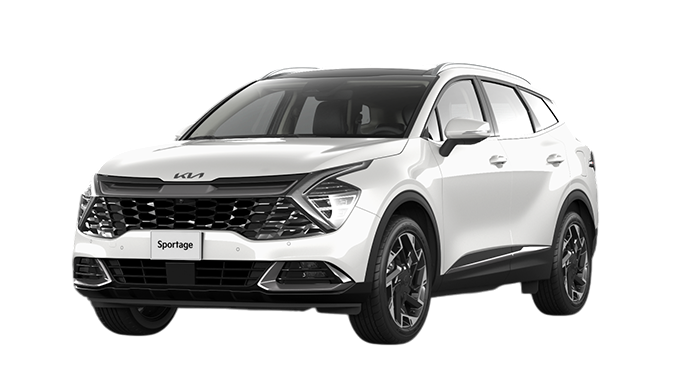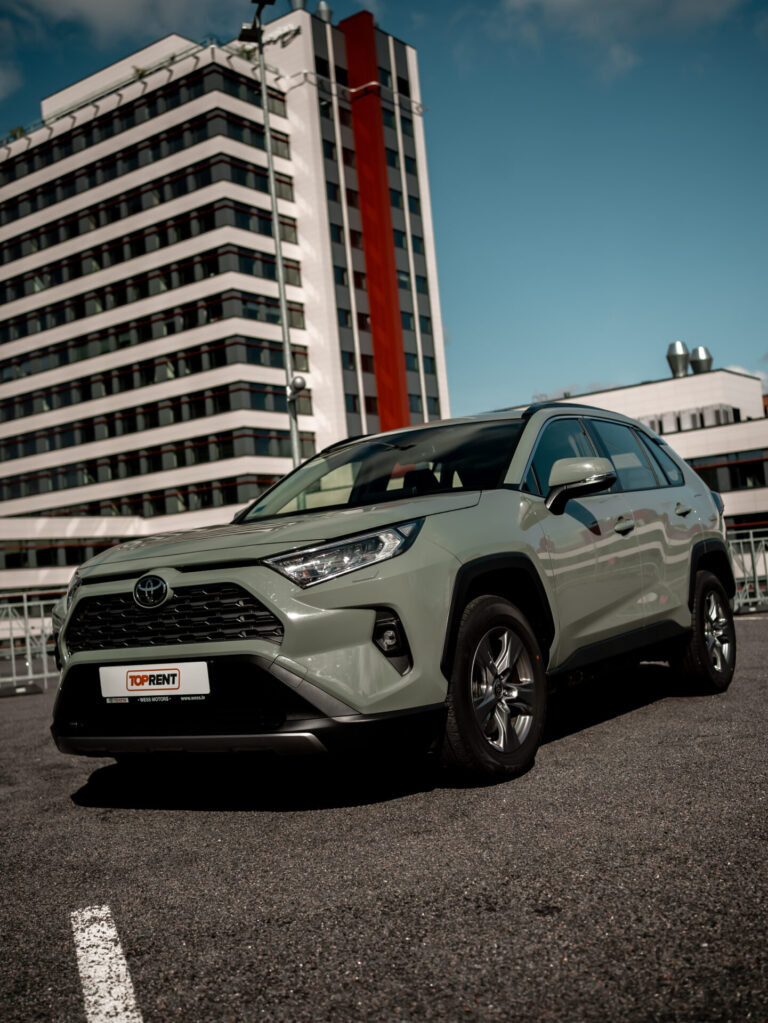Toprent – jūsų patikimas automobilių nuomos partneris visoje Lietuvoje bei kelionėms užsienyje. Jeigu domina automobilių nuoma patraukliomis sąlygomis, per mūsų internetinę platformą galėsite atlikti nuomos paiešką ir užsakymą Lietuvoje, Estijoje ir Latvijoje.
Nesvarbu, ar norite greitai išsinuomoti automobilį parai, savaitei, ar planuojate ilgesnę kelionę – Toprent pasiūlys lankstumą bei naujų ir apynaujų automobilių nuomą beveik visoje Europoje.
Kodėl „Toprent“ automobilių nuoma Lietuvoje?
Mes suprantame, kad tiek privatiems, tiek verslo klientams svarbiausia yra patogumas ir patraukli nuomos kaina bei aiškios nuomos sąlygos.
Dėl to turime didelį pasirinkimą kompaktinės, ekonominės bei premium klasės automobilių, SUV, mikorautobusų ir net motorolerių ar motociklų nuomos pasirinkimą.
Pigi Toprent automobilių ir motociklų nuoma tinka bet kokiai kelionei, nesvarbu, ar tai būtų pramoginė, verslo kelionė ar savaitės trukmės nuotykis. Toprent trumpalaikė automobilių nuoma – protingas sprendimas norintiems maksimalaus komforto ir patrauklių sąlygų.
Kokios yra automobilių nuomos galimybės?
Oro uostuose automobilį galite išsinuomoti 24/7, o tiesiog internetu įmanoma patogiai pasirinkti dienas bei valandas, kada reikės nuomojamos transporto priemonės, kada norėsite ją pasiimti ir kur grąžinti.
Tvarkingus automobilius galima nuomotis ir su papildoma įranga. Internetu automobilių nuoma daroma be užstato. Jį reikės sumokėti tik atvykus atsiimti transporto priemonę.
Automobilių nuoma be jokių paslėptų mokesčių
Mes pasirūpiname, kad trumpalaikė ar ilgalaikė automobilių nuoma ir visas procesas būtų paprastas ir nekeltų streso.
Mėgaukitės Toprent paslaugomis be jokių paslėptų mokesčių ir gaukite profesionalias konsultacijas iš mūsų komandos.
Automobilių nuoma keliaujant ne tik Lietuvoje, bet ir užsienyje
Vykstate į užsienį? Toprent turi platų partnerių tinklą: Rygoje ir Taline, tad galėsite pasirūpinti automobilių nuoma kelionei į užsienį ar atostogų krypties pažinimui.
Raskite geriausią draudimą ir judėkite su visišku užtikrintumu. Lietuvoje greitai rezervuoti galima ir telefonu +370 616 55336, o klausimus galima užduoti į info@toprent.lt.
Latvijoje mūsų partneriai pasiruošę jums padėti ir atsakyti +371 28 660 022 arba info@toprent.lv


